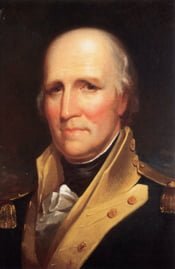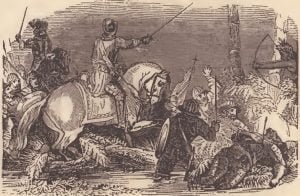Indians about Prairie du Rocher Illinois
By the time the early French arrived, the Mississippi had laid layer upon layer of rich silt on the land for decades. They copied the Indian way of planting corn in the spring, forgetting about it, and harvesting it in the fall. Since there was no need to till the soil, the populace had leisure time. Why the Indians did not build a great culture can be explained partially through the humid climate. The American Bottom is humid and moist which produces a lassitude and inertia that hangs heavy over the valley. Consequently, creative work is to a large extent … Read more


